Former President Ranil Wickremesinghe has warned that Sri Lanka could face a serious economic crisis due to newly proposed reciprocal tariffs by the United States.
He emphasized the urgent need for the government to present a clear plan to address the situation, especially as the country must find ways to manage its debt obligations by 2028.
Wickremesinghe made these comments in a special statement recently with regard to the economic implications of the new US tariff policy.
He noted that President Donald Trump has delayed the implementation of the new tariff regime by three months, but added that the policy is expected to be enacted at the end of that period.
He explained that because the initiative was a key part of Trump’s election manifesto, it is unlikely to be fully withdrawn.
“Even if the tariff on Sri Lanka is reduced, having to pay 25–30% will still be a major problem for us,” Wickremesinghe said. “Considering the profit margins of our export industries, such high tariffs will make it impossible to operate profitably. It will ultimately lead to losses.”
He further warned that an increase in tariffs would reduce the number of buyers, worsening the situation. “That’s where our problem lies as we must be ready to confront this challenge,” he said.
According to Wickremesinghe, the three-month delay in implementation is a window for discussions between the US and Sri Lanka, particularly to address complications arising from trade ties with China.
However, he insisted that the tariff cannot be entirely halted and its implementation seems inevitable.
He also raised concerns about job losses, estimating that around 100,000 jobs could be at risk. “This won’t just affect our economy. It will also place additional pressure on our balance of payments,” he said.
“The gap between our expenses and income will widen, and the inflow of foreign earnings will decrease. As a result, we will need to borrow more, which could further weaken the rupee.”
Wickremesinghe revealed that Sri Lanka is currently required to repay about $300 million in a single quarter. “Whether we finance this through the Central Bank or by borrowing, it will further devalue the rupee,” he added.
Due to the crisis, the rupee has already depreciated, and the country must continue to strive toward its goal of debt repayment by 2028, he stressed.
“We have to ask ourselves whether we can realistically meet our debt obligations under these conditions. Last year, we achieved a growth rate of five percent, but this crisis could lead to a decline.”
He called for immediate discussions with the US regarding the tariff measures and urged the government to treat the matter as a national emergency. “The country needs to be informed about the steps the government plans to take. If the government remains silent, confusion and uncertainty will spread,” he added.
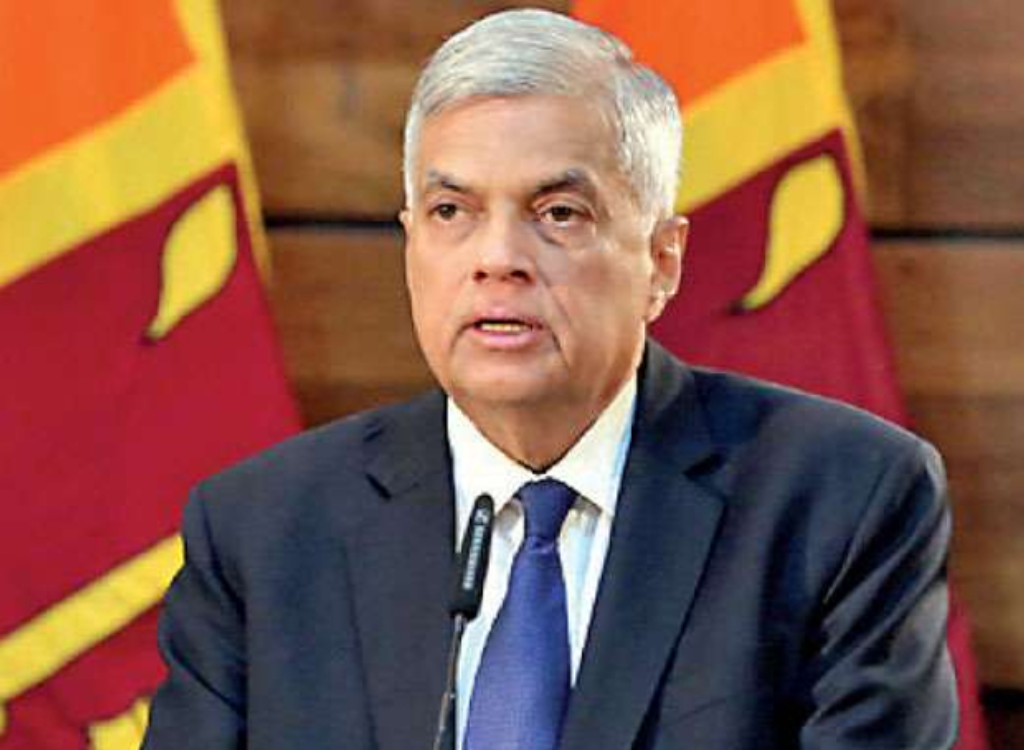


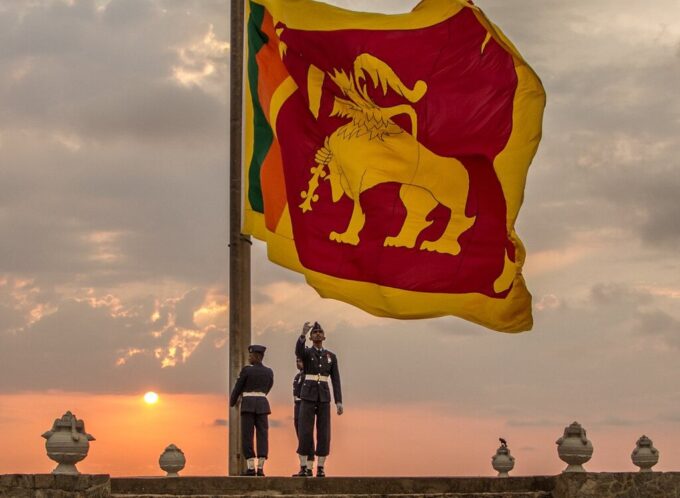
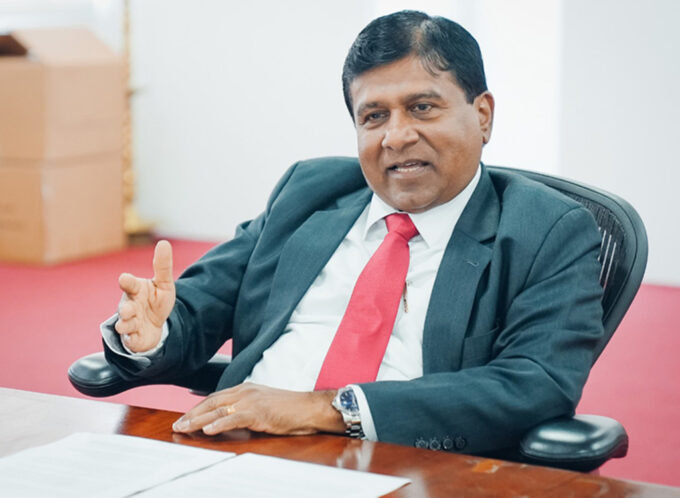
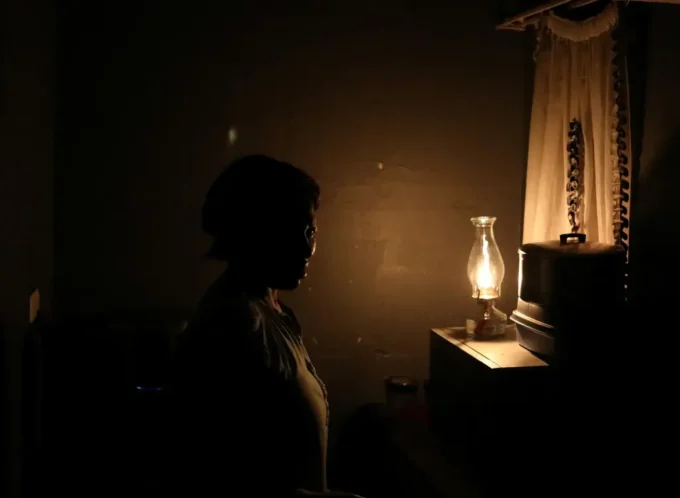
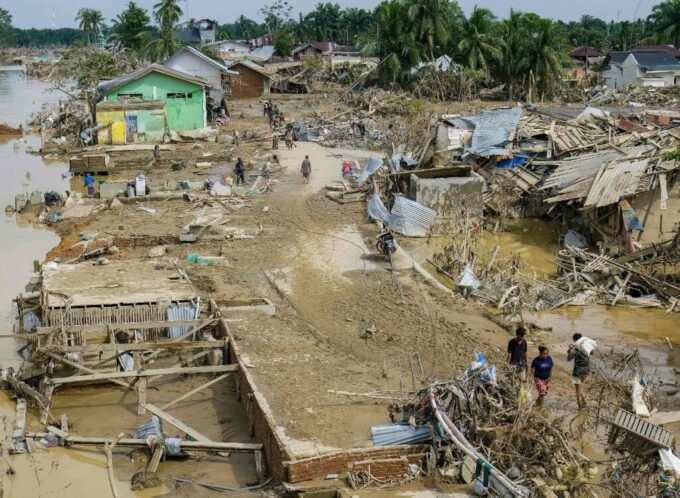

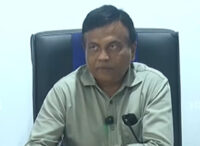


Leave a comment